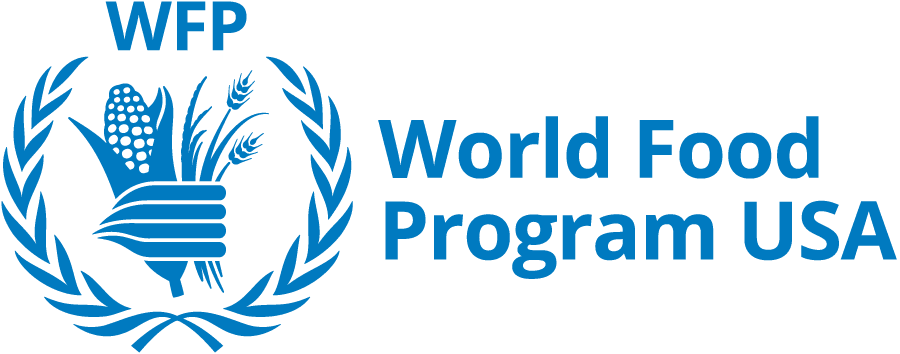Left Behind in Growth
Kenya, a lower-middle-income economy is transforming rapidly. However, social and economic inequalities persist. More than one third of Kenyans live below the poverty line. Rapid population growth, climate change, underperforming food systems and gender inequalities are the most significant challenges to food security in the country. Access to enough nutritious food remains a challenge for many, especially in the arid and semi-arid regions which make up 80% of the country’s land area. The arid climate means the country’s main economic driver of agriculture is highly dependent on seasonal rainfall.
Kenya hosts 500,000 refugees, mainly in camps located in remote, food-insecure counties. Unable to work or move freely, refugees are highly dependent on international assistance.
You can make a difference. By understanding issues, learning how to civically engage, and joining the movement to end global hunger for good.
 WFP/Alauna Dunphy
WFP/Alauna Dunphy







